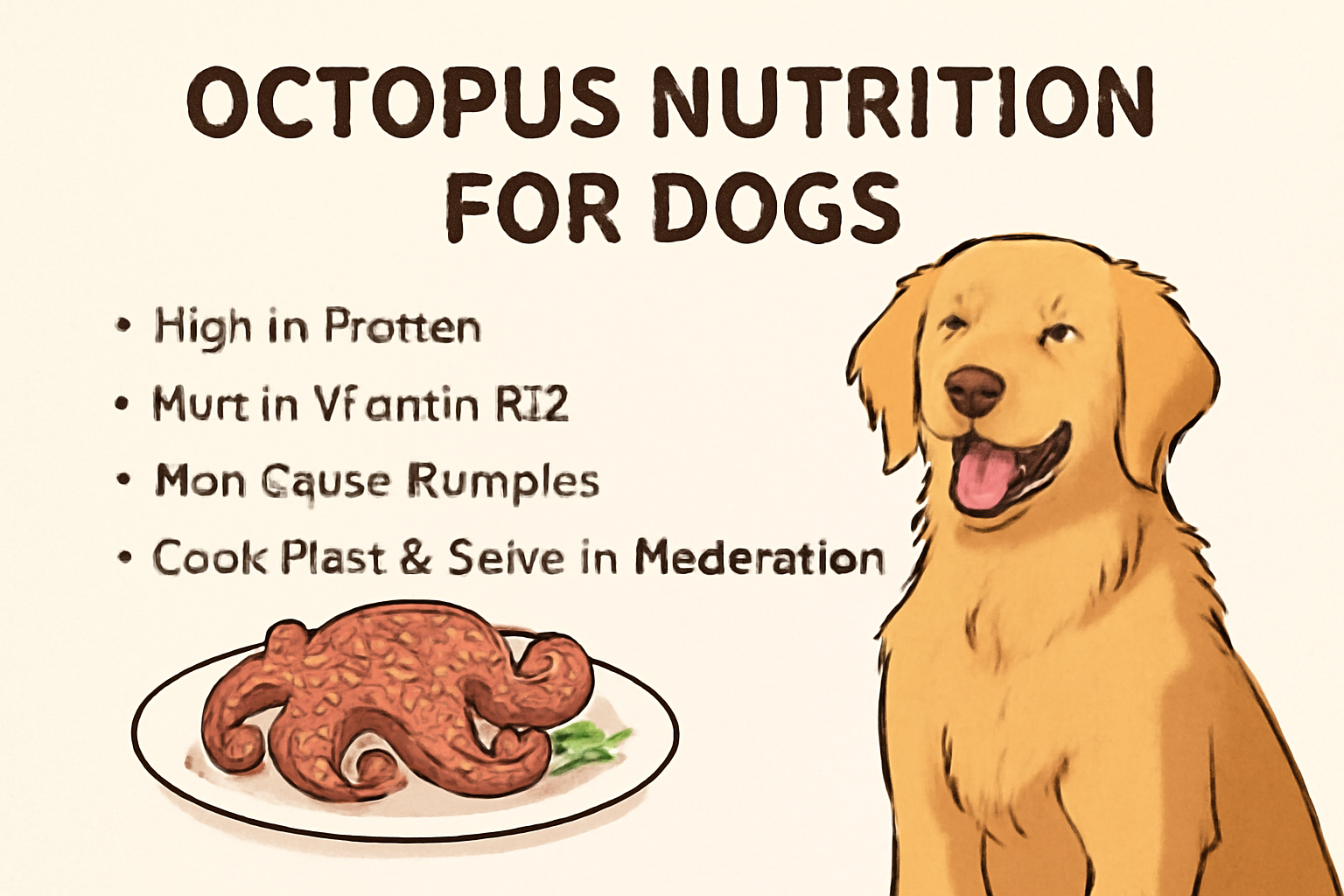Can Dogs Eat Sardines in Water? 🐶🐟
As dog owners, we always want to give our pets the best food to keep them healthy and happy. When it comes to feeding our dogs, we often wonder if certain human foods are safe for them. One popular food that some people like to share with their dogs is sardines. Sardines are small fish packed with nutrients that are good for both humans and dogs. But can dogs eat sardines in water? Is it safe for them?
In this article, we will explore whether sardines are good for dogs, the nutritional benefits, potential risks, and how to safely feed sardines to your furry friend. Let’s dive into everything you need to know about sardines and your dog’s health! 🐾
What Are Sardines? 🐟
Sardines are small, oily fish that are often found in the Mediterranean Sea and the Atlantic Ocean. These fish are packed with nutrients like omega-3 fatty acids, protein, and essential vitamins and minerals. Sardines are commonly canned in water, oil, or even brine, and they can be a healthy snack for humans. But are they safe and healthy for dogs? Let’s take a closer look!
Sardines have a high fat content, which is one reason why they are so nutritious. They are also a great source of omega-3 fatty acids, which are beneficial for both humans and dogs. Omega-3s help improve skin health, reduce inflammation, and support brain and heart function. Sardines are also rich in protein, which helps your dog build and repair muscles, and they contain calcium and vitamins, which support bone and teeth health.
Types of Sardines 🐠
Sardines can be found in different forms, and it’s important to know the best kind for your dog. The most common types are:
- Canned Sardines in Water: These are the best choice for your dog, as they don’t contain any added oils, salts, or preservatives.
- Canned Sardines in Oil: Sardines packed in oil can be too high in fat for your dog, so it’s best to avoid them.
- Fresh Sardines: Fresh sardines can be a healthy option, but they need to be prepared properly (i.e., cleaned and cooked) before feeding them to your dog.
Now that we know what sardines are, let’s explore whether they are safe for dogs, especially in the form of sardines in water.
Can Dogs Eat Sardines in Water? 🤔
The short answer is yes, dogs can eat sardines in water. However, there are a few things you should consider before giving your dog sardines, including portion size, frequency, and the preparation method. Let’s break down why sardines in water are generally safe for dogs and why you should feed them with caution.
Benefits of Sardines for Dogs 🐕
Sardines are packed with beneficial nutrients that can help improve your dog’s overall health. Here are some key health benefits of sardines:
- Rich in Omega-3 Fatty Acids 🧴
Sardines are an excellent source of omega-3 fatty acids, which are important for maintaining a healthy coat, reducing inflammation, and supporting heart health. Omega-3s also play a key role in improving brain function and reducing the risk of cognitive decline in older dogs. - High-Quality Protein 💪
Protein is essential for your dog’s growth and development. Sardines are an excellent source of high-quality protein, which helps build and repair muscle, supports immune function, and provides energy for daily activities. - Promotes Healthy Skin and Coat 🐕
Omega-3 fatty acids and protein work together to promote healthy skin and a shiny, soft coat. Sardines can help alleviate dry, flaky skin and reduce itching or irritation in dogs suffering from allergies or skin conditions. - Supports Joint Health 💪
The omega-3 fatty acids in sardines can help reduce inflammation in joints, making them beneficial for dogs with arthritis or joint pain. Regular consumption of omega-3s can help keep your dog’s joints healthy and reduce stiffness or discomfort. - Good for Heart Health ❤️
Omega-3s also contribute to heart health by reducing inflammation in blood vessels and lowering the risk of heart disease. Sardines can support healthy circulation and cardiovascular function in dogs. - Boosts Immune System 🛡️
Sardines are rich in essential vitamins like vitamin B12, vitamin D, and selenium. These nutrients support your dog’s immune system, helping them fight off infections and stay healthy.
Sardines Are an Excellent Source of Calcium 🦴
Another benefit of sardines is their high calcium content. Calcium is essential for strong bones and teeth. If you feed your dog sardines with the bones, the soft, edible bones provide an extra source of calcium, which is great for puppies, older dogs, or dogs with bone-related issues.
Nutritional Value of Sardines for Dogs 🥗
Sardines are an excellent source of nutrition for dogs, offering a wide variety of essential nutrients. Let’s take a look at the key nutrients found in sardines and how they benefit your dog’s health.
| Nutrient | Amount per 100g of Sardines | Benefit for Dogs |
|---|---|---|
| Calories | 208 kcal | Provides energy for active dogs. |
| Protein | 25g | Builds and repairs muscles. Supports overall growth. |
| Fat | 11g | Healthy fats for coat and skin, and supports brain health. |
| Omega-3 Fatty Acids | 1,300mg | Reduces inflammation, improves heart health, and brain function. |
| Vitamin B12 | 8.9mcg | Boosts the immune system and supports nerve health. |
| Vitamin D | 4.5mcg | Supports bone health and helps absorb calcium. |
| Calcium | 382mg | Strengthens bones and teeth. Helps prevent bone-related issues. |
| Selenium | 52.7mcg | Acts as an antioxidant, supports immune function. |
As you can see, sardines are an incredibly nutritious food for dogs. They are rich in protein, healthy fats, vitamins, and minerals, making them a great option for boosting your dog’s overall health.
Potential Risks of Feeding Sardines to Dogs ⚠️
While sardines in water can be beneficial for your dog’s health, there are a few potential risks that you need to be aware of:
1. High Fat Content 🐽
Sardines are high in fat, which is beneficial for your dog in small amounts, but it can contribute to weight gain and obesity if fed too often. If your dog is overweight or has a history of pancreatitis (inflammation of the pancreas), it’s best to consult your veterinarian before introducing sardines into their diet.
2. Mercury Content ⚖️
Like many fish, sardines can contain small amounts of mercury. While sardines generally have lower levels of mercury compared to larger fish, it’s still important to feed them in moderation to avoid any long-term health issues related to mercury accumulation.
3. Bones 🦴
Sardines are often eaten whole, which means your dog will also consume the bones. While the bones in sardines are soft and edible, it’s essential to ensure your dog doesn’t choke on them or have difficulty swallowing them. Some dogs might also have trouble chewing the bones properly.
4. Sodium Content 🧂
If the sardines are packed in brine or oil, they may contain high amounts of sodium, which is harmful to dogs. Too much salt can lead to dehydration, kidney problems, and high blood pressure. Always opt for sardines packed in water without added salt or other preservatives.
How to Safely Feed Sardines to Your Dog 🍽️
Feeding your dog sardines in water can be a healthy treat, but it’s important to follow these steps to ensure they are safe:
1. Choose Sardines in Water 💧
Always choose sardines that are packed in water, not oil or brine. Sardines in oil are too fatty for dogs, and those packed in brine can be high in salt.
2. Serve in Moderation 🍴
Sardines should be served as an occasional treat, not as a regular meal. Limit the amount to a small portion once or twice a week, depending on your dog’s size and health.
3. Remove the Bones (Optional) 🦴
While the bones in sardines are soft and edible, you may choose to remove them to avoid any risk of choking or digestive discomfort, especially for smaller dogs or those with dental issues.
4. Rinse the Sardines 🧼
If the sardines are packed in oil or brine, rinse them off to remove excess salt and oil. This will make them safer for your dog to consume.
5. Monitor Your Dog’s Reaction 👀
After giving your dog sardines for the first time, watch for any signs of an allergic reaction or digestive issues. If you notice anything unusual, stop feeding sardines and consult your veterinarian.
FAQ: Can Dogs Eat Sardines in Water? 🤔
1. Are sardines good for dogs?
Yes, sardines are good for dogs when fed in moderation. They are packed with omega-3 fatty acids, protein, calcium, and vitamins that support your dog’s overall health.
2. Can I feed my dog sardines every day?
Sardines should be given as an occasional treat, not as a daily meal. They are high in fat, so feeding them too often can lead to weight gain and digestive issues.
3. Can sardines in oil be given to dogs?
It’s best to avoid sardines packed in oil, as they are too fatty for dogs. Opt for sardines packed in water with no added salt or preservatives.
4. Can sardines cause allergies in dogs?
Some dogs may have allergies to fish, including sardines. If you notice symptoms like itching, swelling, or digestive upset after feeding sardines, stop giving them to your dog and consult your veterinarian.
5. How often can I feed my dog sardines?
Sardines should be fed once or twice a week, depending on your dog’s size and health. Always serve them in moderation and as part of a balanced diet.
Conclusion 🌟
In conclusion, sardines in water can be a healthy and nutritious treat for your dog when given in moderation. They provide essential nutrients like omega-3 fatty acids, protein, and calcium, all of which support your dog’s health, skin, coat, and joints. However, it’s important to ensure that the sardines are packed in water, not oil or brine, and served in appropriate portions.
Always consult your veterinarian before introducing new foods to your dog’s diet, especially if they have any existing health concerns. By following the proper guidelines, you can safely include sardines in your dog’s diet as a special treat that contributes to their overall health and well-being! 🐕💚




